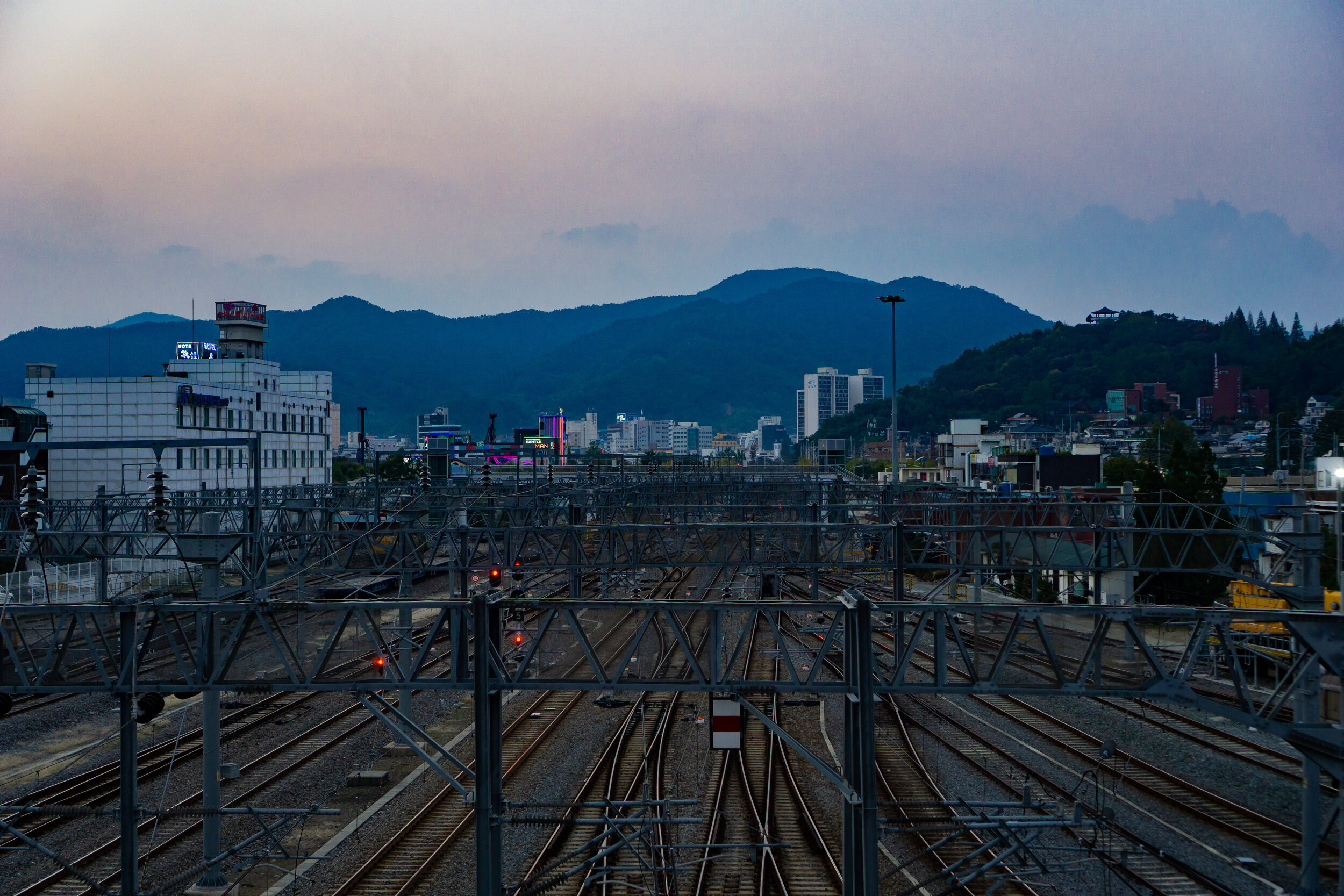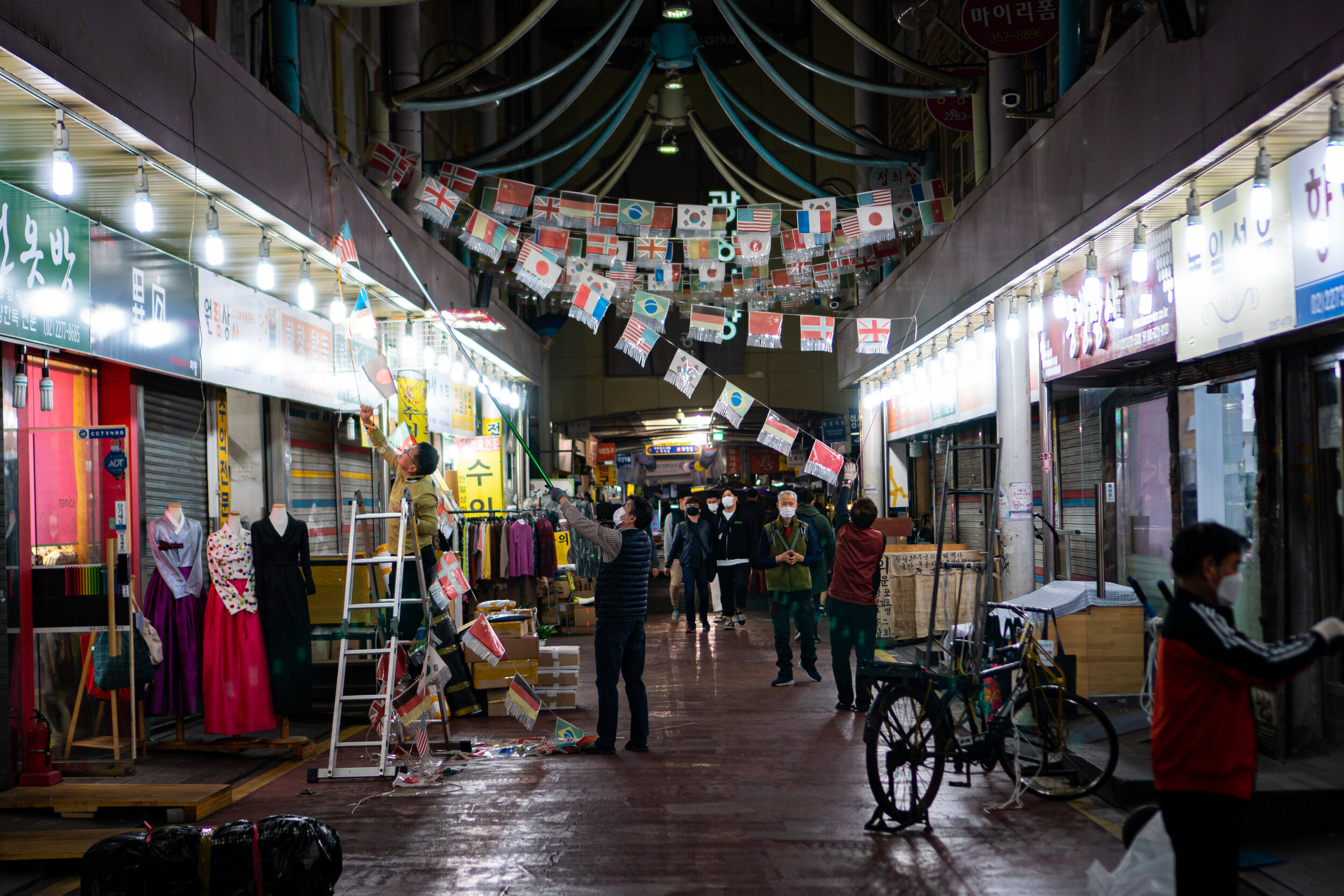Fruition: Fall and Righteousness
I often summarize life in the Army as "everything has its place." From the first day of boot camp, I was fascinated with the spatial rigidity of military life. You had to eat a certain way, sleep in a designated direction, every item you owned had an assigned space, you had to walk in a specific formation, feet had to be aligned..
Not that there was inherent logic or value in it. I just found peace of mind through external order. Few things in the Army were pleasant, but feeling the world literally fall into place made life bearable. There was comfort in knowing that at the end of each day—often filled with petty conflicts, profound injustice, and mucous malaise—order would be restored.
The West Gate of old Hanyang was formally named Doneuimun (敦義門), or "gate of reinforcing yi (義, or righteousness).” “Right” and “wrong” are increasingly tenuous notions, so “righteousness” is also difficult to define. Yet, within this ambiguity lies room for introspection and growth. In a world that grows increasingly less absolute, it falls on the individual to constantly evaluate what "right" means.
Doneuimun, as the West gate, represented autumn, metal, and culmination: the natural progression and eventual consummation of things.
The apple falls from its tree. The pumpkin fully ripens. Animals stash food for the winter.
"Fruition" presents a series of photographs about order, peace, and arrival: of everything falling into its rightful place.

Highway Farming (Jeju, 2021)

Going Home (Seoul, 2021)

Supervising (Jeju, 2021)

Catching dragonflies (Seoul, 2021)

Garden of Dreams (Suncheon, 2021)

Jamsil Bridge (Seoul, 2021)

Suncheon Station (Suncheon, 2021)

That's a Wrap! (Seoul, 2021)